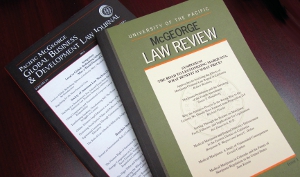Document Type
Article
Publication Date
2015
Abstract
The course of legal education is changing. Many law schools are downsizing, accepting classes with lower entering credentials, and encountering a new demographic of law student. A product of standardized federal education policies like the No Child Left Be-hind Act and the Common Core State Standards Initiative, this student has fewer or less refined critical thinking skills than most first-year law professors have come to expect. Part I of this Article explores the landscape of this “new normal” in legal education, examining the effects of new law school admissions policies, changes in K-12 and undergraduate education, and the link be-tween law student entering credentials and critical thinking skills. Part II suggests ways in which law schools might change gears to ensure the success of these new law students and of the law schools themselves. Among other things, it emphasizes the importance of addressing both the current economic structure of law schools and the need for major curricular reform that creates more opportunities for student assessment. Part III explores the positive outcomes likely to result from a timely, smooth shift to this new approach in legal education.
Publication Title
Duq. L. Rev.
Volume
53
First Page
39
Recommended Citation
Courtney G. Lee, Changing Gears to Meet the "New Normal" in Legal Education, 53 Duq. L. Rev. 39 (2015)



